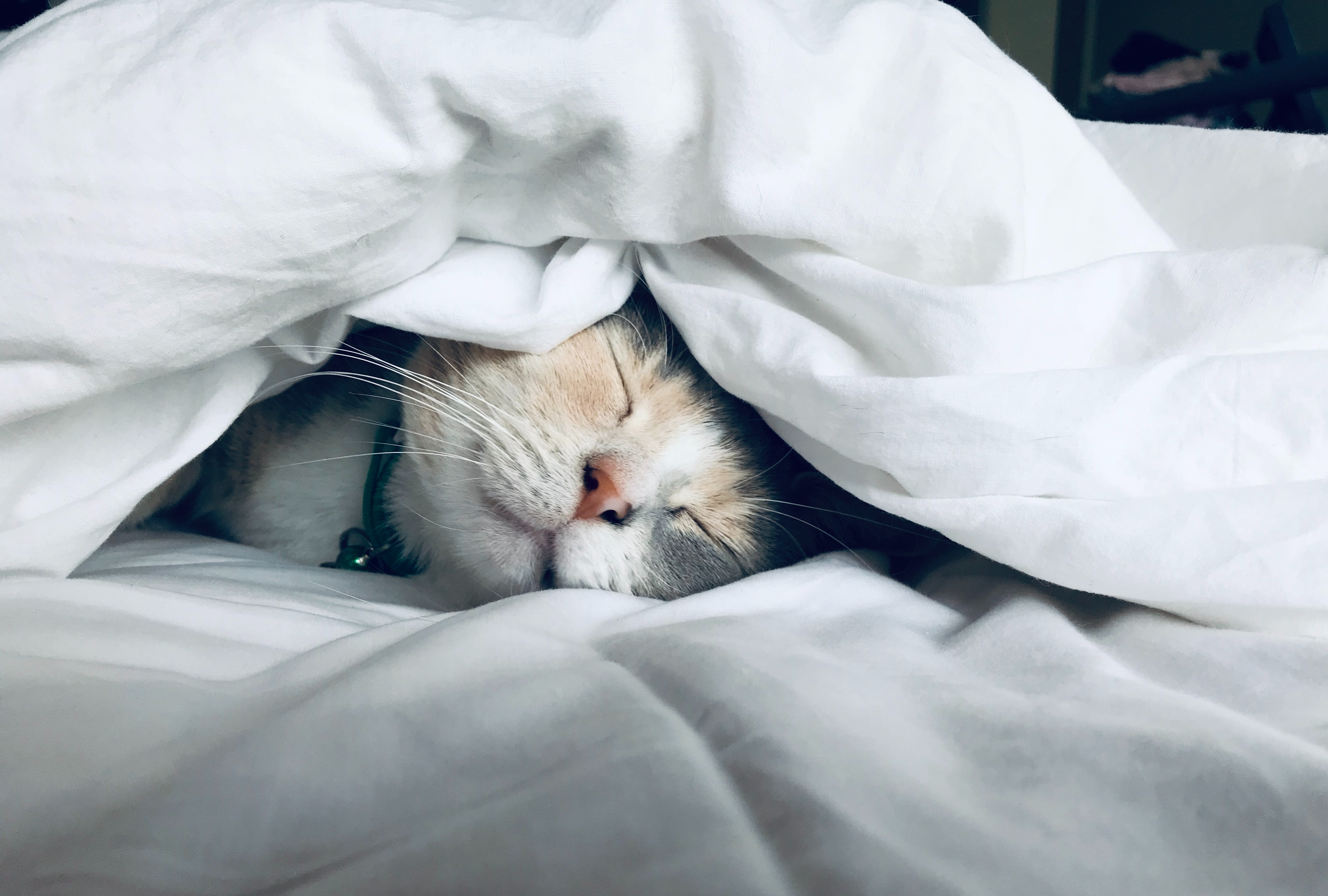We all know that sleep is one of the things that’s vital for us to function. Without enough good quality sleep, our performance at work isn’t just affected – our physical, emotional and psychological well-being suffers.
by Katherine Bond, Partner at Mezzana Partners & FSP Performance Psychologist & Coach
Why is it then, that human beings, despite apparently being the smartest species on the planet, are also the only species that chose to ‘undersleep’ – with significant personal cost?
The irrefutable case for sleep
There’s been no shortage of research in the last 15 years on the superpower of sleep. Sleep helps us stave off illness, protects us from heart disease, strokes, cancers and dementia. It improves our performance at work through enabling us to concentrate and focus more, make better decisions and think more logically. Sleep is linked to reduced anxiety and depression, better mood, and greater happiness (and probably improved relationships). Sleeping well even means we’ll live longer.
And most of us agree that sleeping is a pretty pleasurable activity – in contrast to doing other things that are good for us which are harder (think exercise, eating healthily, etc). So if sleep is so good for us, and is also pretty nice to do, then why aren’t we doing it better?
What’s changed?
We used to be pretty good at sleeping – but now more than 40% of us are undersleeping – to our detriment. Why?
It’s probably down to a combination of factors. We’re leading busier lives, with greater choice of how we spend our leisure time (and perhaps a greater expectation of needing to do things in our leisure time). A shift, particularly in the last 10 to 15 years (and exacerbated by the pandemic), to more flexible, remote working has meant the lines between work and leisure time have become completely blurred – so it’s harder to switch off and stay switched off at night. The increase of technology in our lives, while good in many ways, hasn’t been great for our sleeping habits. The blue light emanating from the devices we’re so attached to in the evening cons our brains into thinking it’s still daylight, taking us longer to wind down and fall asleep – and we’re also simply consuming too much content and multitasking too late in the day, meaning that our brains are simply too busy, too much of the time. All of this gets in the way of sleep. So even if you get to bed early, and give yourself the best chance of getting a good night’s sleep, the odds might be stacked against you.
Reversing the tide
The good news is that it’s (in theory) easy to make some changes that will help you sleep better. There are some simple things we can all do – like using devices less (or not at all) in the evening, and having a mental and physical wind down before bed. But it’s probably also worth thinking more deeply about your lifestyle choices that might be interrupting your sleep. Some of that might involve challenging your beliefs (for example, that you’re expected to check and reply to emails after 5pm, or that you need to do the schedule of activities and socialising that you currently commit to). Slowing down, cramming in less, and boundarying work and non-work might be harder changes to make, but are likely to bring benefits greater than better sleep.
To us, it’s a no brainer to invest in improving your sleep, whether you want to be more effective at work, at home or simply improve your health. And if this insight has whetted your appetite, it’s hard to find a better follow up read than “Why we Sleep” by Matthew Walker. And we’d also be delighted to talk to you more about reducing the gap between what you know and what you do!
Mezzana Partners – Exceptional Teams. Transformational Leaders. Thriving Organisations.

